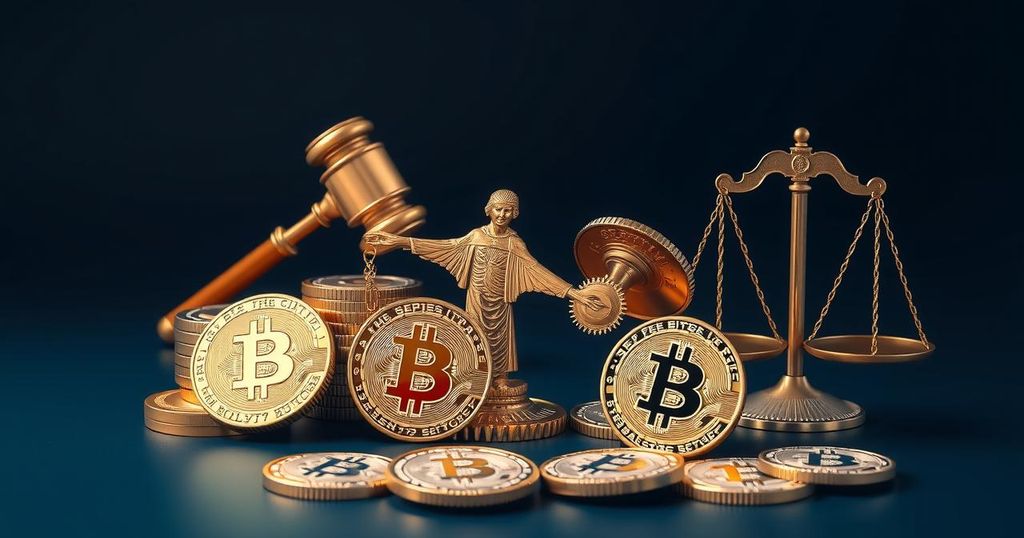Brazil is advancing a bill that would permit employees to receive salaries in Bitcoin, aiming to enhance its fintech sector. In contrast, South Korea’s central bank has rejected Bitcoin as part of its foreign reserves due to volatility concerns. This divide highlights differing global perspectives on the legitimacy of Bitcoin as a financial asset.
The landscape of global cryptocurrency regulation is witnessing a stark divide, with Brazil advancing legislation to permit Bitcoin salary payments, while South Korea’s central bank rejects the proposal for Bitcoin inclusion in its foreign reserves. Brazilian lawmakers are backing a bill that enables employees to receive up to 50% of their pay in Bitcoin. This initiative aims to invigorate Brazil’s financial technology sector and attract cryptocurrency investments, following the lead of nations such as Japan, Switzerland, and Portugal where crypto salaries are already in practice.
Conversely, the Bank of Korea (BOK) has firmly declined to incorporate Bitcoin into its foreign exchange reserves. Citing concerns over Bitcoin’s inherent volatility, the BOK has expressed that the cryptocurrency does not align with the International Monetary Fund’s (IMF) standards regarding liquidity, market stability, and credit risk. The BOK emphasized that Bitcoin’s unpredictable price fluctuations could inflate transaction costs when converting the asset to cash.
The differing perspectives on Bitcoin’s role in finance highlight a significant debate about its viability as a legitimate financial instrument. While Brazil views Bitcoin as a means to modernize payroll systems and foster crypto adoption, South Korea’s skepticism remains rooted in financial caution. Should Brazil’s proposed legislation be enacted, it may encourage broader acceptance of cryptocurrency payments across various businesses, while skepticism persists in South Korea and other regions regarding the readiness of such a move.
In summary, Brazil’s legislative efforts to allow Bitcoin salary payments indicate a progressive approach towards cryptocurrency integration into mainstream finance. In contrast, South Korea’s refusal to adopt Bitcoin for its foreign exchange reserves underscores concerns about its volatility and stability. This episode illustrates the contrasting attitudes towards Bitcoin globally, leaving the question of its legitimacy as a financial asset open for further discussion, particularly as Brazil’s initiative progresses.
Original Source: markets.businessinsider.com




